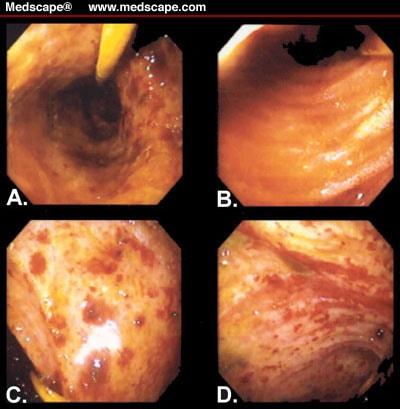

Metronidazole versus rifaximin versus other antibiotics showed no significant difference in symptom resolution (12 (63.2%), 13 (76.5%), 7 (77.8%), respectively, P = 0.601). Complete or partial resolution of symptoms was achieved in 13 of 16 (81.2%) patients who received probiotics with or without antibiotics versus 21 of 31 (67.7%) patients treated with antibiotics alone ( P = 0.524).

Lactulose substrate was used for 41 (75.9%) patients, whereas glucose was used for 13 (24.1%). Results:įrom 98 children, 54 met inclusion and did not meet exclusion criteria (53.7% female). Absolute standardized differences and Chi-square tests were used to assess associations. The main outcome was symptom resolution, defined as complete or partial improvement after a course of treatment. Methods:Ī retrospective cohort study of pediatric patients seen at Stanford Children’s Health Gastroenterology Clinics from 2012 to 2018 who had a positive BT, defined by a rise in hydrogen by ≥20 ppm, a baseline hydrogen level ≥20 ppm, or a methane value ≥10 ppm. To characterize the population of children diagnosed with small intestinal bacterial overgrowth ( SIBO) based on breath test (BT), correlate symptomatology, and describe SIBO treatments and treatment efficacy.
BACTERIAL OVERGROWTH IN GUT LICENSE
This is an open access article distributed under the Creative Commons Attribution License 4.0 (CCBY), which permits unrestricted use, distribution, and reproduction in any medium, provided the original work is properly cited. Visit to view instructions, documentation, and the complete necessary steps to receive CME and MOC credits for reading this article.Ĭorrespondence: Maria Isabel Peinado Fabregat, MD, MS, Department of Pediatrics, Division of General Pediatrics, Stanford University School of Medicine, 453 Quarry Road, Palo Alto, CA 94304. This article has been developed as a Journal CME and MOC Part II Activity by NASPGHAN. was involved in all aspects of this study including research study design, overseeing the data collection process, and editing of all stages of the article. helped design an analytic plan, present results, and review the article. provided contributions to study design, analysis and interpretation of the work, revising critically for important intellectual content and final approval of version to be published. contributed to the analytic plan, conducted analyses, and critically reviewed and revised the article for important intellectual content. researched the literature, created the database, gathered the data, critically analyzed and reviewed the results, and wrote the article in conjunction with the rest of the team.
:max_bytes(150000):strip_icc()/GettyImages-1124678424-98838300c1a94e9abdd919fc0a7ad5b3.jpg)
contributed by creating the project with help from her principal investigator, A.M.Y. The remaining authors report no conflicts of interest. Peinado Fabregat is Ernest and Amelia Gallo Endowed Postdoctoral Fellow and Child Health Research Institute. Received Februaccepted December 21, 2021.ĭr. ‡Department of Pediatrics, Division of Gastroenterology, Hepatology, and Nutrition at Stanford University, Stanford, CA.

†Quantitative Sciences Unit, Stanford School of Medicine, Stanford, CA From the *Department of Pediatrics, Division of General Pediatrics at Stanford University, Stanford, CA


 0 kommentar(er)
0 kommentar(er)
